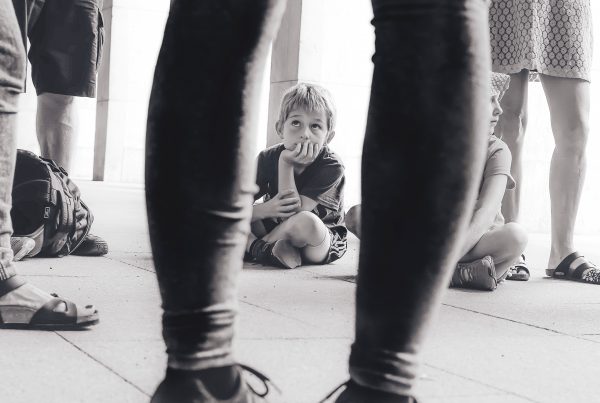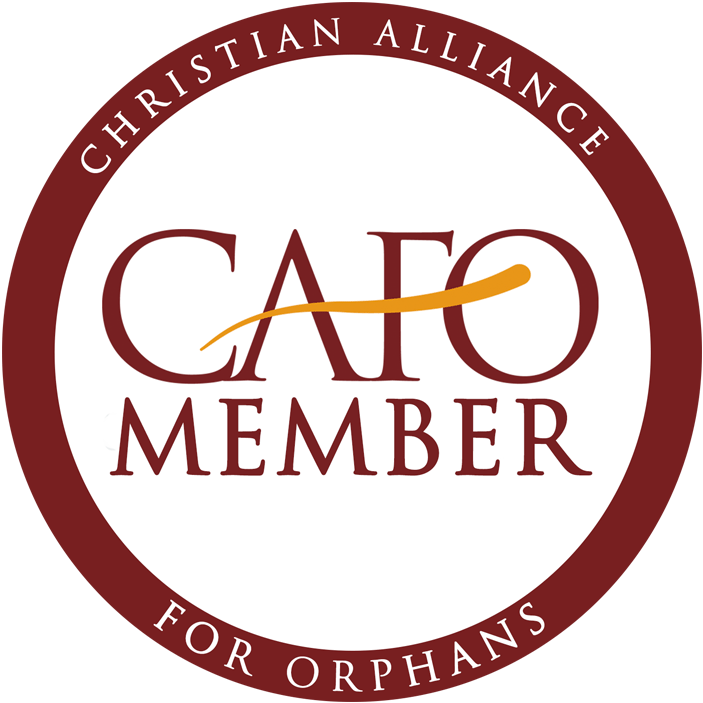
Back in 2009, trauma-informed care wasn’t discussed as much as it is today and many families were not as open about the hardships that came along with an adoption. Kara Higgins always knew she wanted to grow her family by adoption, and she and her husband, Ryan, later had the opportunity to do so when adoptions opened up in Rwanda. That’s when she came face-to-face with trauma at a time when very few realized what it meant.
Kara is the mother to six children through foster care, adoption, and biology. She and her husband founded Imana Kids, which is an orphan care ministry with an educational sponsorship program in Rwanda focusing on trauma-informed interventions, learning, and care. Kara has more than twenty-four years of experience as an international healthcare provider and orphan care advocate for some of the most vulnerable populations of women and orphans, and it was an honor to speak with her today.
In this episode, Kara shares openly about her journey to understanding trauma-informed care, how her expectations of adoption matched up to reality, when she discovered that trauma isn’t just for foster children, and why connection makes all the difference in the world.
This really is one you don’t want to miss.
TAKEAWAYS FROM TODAY’S CONVERSATION:
1. Be authentic about your experience. You are not alone.
This is hard. Regardless of your role in the foster care community, we see and experience so many hard stories. Staying silent about what you are experiencing is not helpful. Many families have suffered in silence because they felt they couldn’t be open about what they were going through. You can be authentic and honest about the struggles you have, how you are feeling, and how difficult this is.
“Adoption is joyful and it’s sorrowful. We didn’t have the language that it could be two things at one time.”
2. It’s important to hold our expectations loosely.
Kara went into adoption expecting it would be very similar to their experience with their biological children. She quickly discovered how different reality was from that expectation. Children who experience trauma often struggle with attachment and do not have a sense of felt safety. As Kara shares, this is another reason that trauma-informed care is so important.
“We always knew it was their trauma; it wasn’t them. I knew this was because they had never felt safe and they were scared. I just didn’t know what to do with it.”
3. Be curious about your child’s behaviors.
We don’t want to react to our child’s behaviors, and we don’t want to try to control them. Instead, it’s valuable to be curious. What are they feeling right now? Is there an underlying need that hasn’t been met? (Hunger, big emotions, connection, etc.) Become a detective about the child in your care so you can help them solve the “why” behind what they’re feeling.
“They are having a hard time. They are not giving you a hard time.”
- More information about TBRI
- Imana Kids Ministry
- Connect with Tara on Facebook, Instagram, or her website
- Join Team 3:10

Meet Our Guest
Kara Higgins is an adoptive, biological, and foster parent, founder of Imana Kids, coach, and trainer. She is certified in Cultivating Connection and has more than twenty-four years of experience as an international healthcare provider and orphan care advocate for some of the most vulnerable populations of women and orphans.
Get encouragement and updates in your inbox.
Be the first to know about new episodes, posts, resources, and stay in the loop about what’s coming up.
Other Episodes You Might Enjoy:










